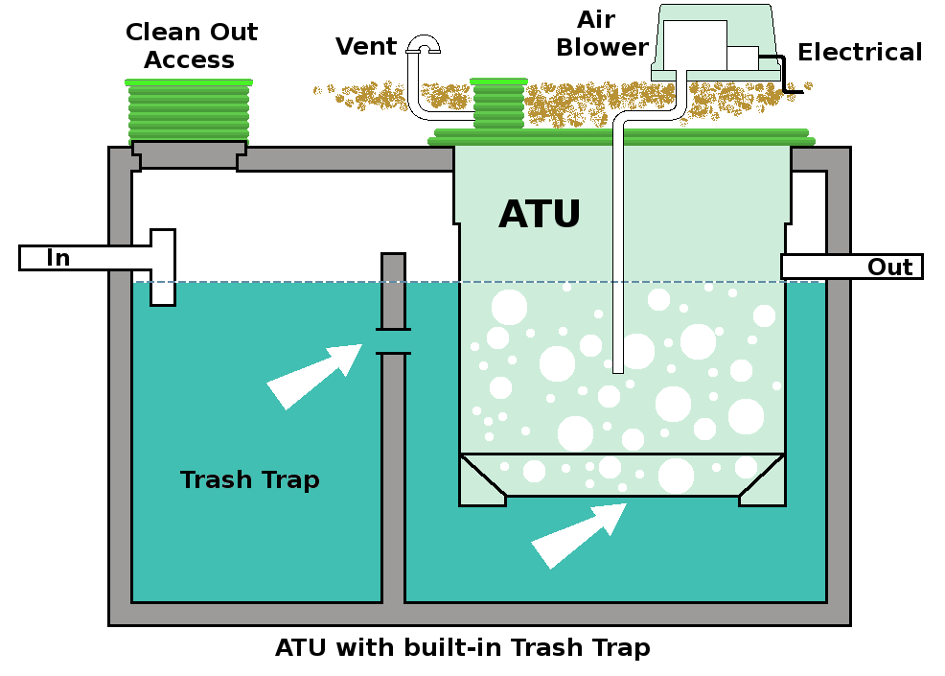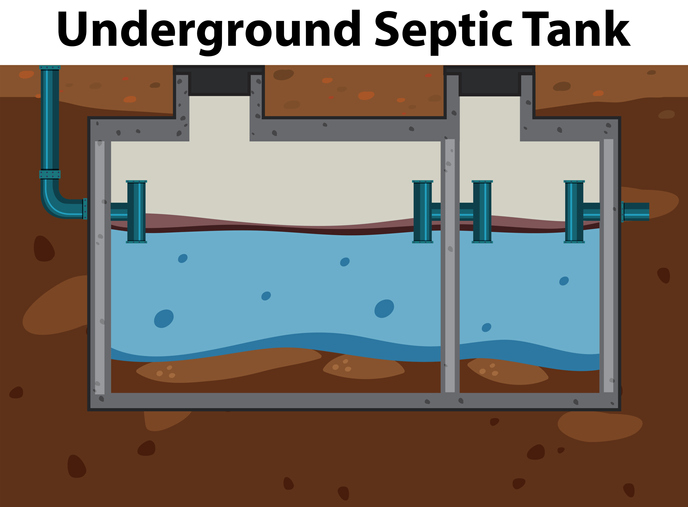Septic Tank Pumping Rome GA: Specialist and Timely Garbage Disposal
Wiki Article
The Art of Septic Tank Providers: Specialist Tips and Techniques for Optimal Performance and Sustainability
Are you struggling to maintain your septic system running efficiently? Discover the keys to optimum efficiency and sustainability in this expert overview. Discover why routine maintenance is crucial, understand the function of microorganisms, and stay clear of usual errors that can bring about pricey repairs. With expert tips on correct pumping and sustainable practices, you'll be geared up to keep your septic tank functioning flawlessly for the long-term. Get all set to master the art of septic system solutions.Why Regular Upkeep Is Necessary
Routine maintenance is a vital requirement for making certain the optimal efficiency and sustainability of your septic system system. By on a regular basis maintaining your septic container, you can avoid potential issues before they become expensive and bothersome issues (septic tank pumping rome ga). When you forget maintenance, your sewage-disposal tank can become overloaded with strong waste and sludge, causing clogs, backups, and also system failure
You ought to have your storage tank pumped on a regular basis, commonly every 3 to five years, depending on the size of your household and the tank's capability. Additionally, it is important to check the storage tank and its elements for any type of signs of damage or wear.
Understanding the Role of Bacteria
To guarantee optimal efficiency and sustainability of your sewage-disposal tank system, it is necessary to recognize the vital duty that germs play in its working. Microorganisms are the unhonored heroes of your septic container, as they are accountable for breaking down the solid waste and transforming it into fluid type. This process is called food digestion, and it is essential for the correct functioning of your septic tank.Inside your septic tank, there are 2 kinds of bacteria at the workplace: anaerobic and aerobic microorganisms. Cardio microorganisms need oxygen to survive and prosper, and they are liable for breaking down the organic issue in the presence of oxygen. On the various other hand, anaerobic bacteria do not call for oxygen and are accountable for breaking down the raw material in the absence of oxygen.
Both sorts of germs interact to ensure the effective decay of waste in your septic container. They break down the strong waste into sludge, which then settles at the base of the tank. The continuing to be liquid waste, called effluent, is after that released into the drain area for further therapy and filtering.
Without these microorganisms, your septic system would promptly become overloaded with solid waste, resulting in obstructions, backups, and prospective system failing. As a result, it is important to keep the appropriate balance of microorganisms in your sewage-disposal tank by avoiding excessive use of anti-bacterial items and periodically adding microbial ingredients to promote their growth.
Preventing Typical Sewage-disposal Tank Mistakes
Maintaining the appropriate balance of germs in your septic system is vital to avoid typical mistakes that can result in system failing. Among one of the most usual blunders homeowners make is flushing non-biodegradable products down the bathroom or sink. These products can block the system and interrupt the natural malfunction of waste by the germs. To stop this, it is necessary to just flush bathroom tissue and human waste down the bathroom, and to throw away various other products correctly in the trash.An additional error to prevent is making use of harsh chemicals or cleansers that can kill the useful bacteria in your septic container. These germs play an important duty in her explanation breaking down solid waste, so it is essential to use septic-safe cleansing products and stay clear of putting chemicals away.
Overlooking normal upkeep is another typical mistake that can lead to septic system issues. It is crucial to have your container pumped frequently to get rid of built up sludge and avoid it from triggering or overflowing damages to the drain area. In addition, having your storage tank evaluated regularly can help recognize any type of prospective concerns before they come to be major issues.
Lastly, extreme water use can overload your septic system and create it to fall short. Be conscious of your water consumption and prevent running numerous appliances at the same time or taking excessively lengthy showers. By avoiding these typical blunders and taking correct care of your septic container, you can ensure its optimal performance and stay clear of pricey repair services in the future.
Tips for Correct Septic Container Pumping
- To make sure ideal efficiency and durability of your septic system, follow these 3 necessary tips for correct pumping.
Firstly, it is critical to set up normal septic system pumping. Professionals recommend having your container pumped every three to five years, depending on the dimension of your family and the usage of water (septic tank pumping rome ga). Normal pumping removes built up sludge and stops it from blocking the drain area, making sure the efficient performance of your septic tank
Secondly, it is necessary to work with a professional sewage-disposal tank pumping service. An expert will certainly have the required tools and proficiency to pump your storage tank efficiently and securely. They will also examine the container for any type of signs of damage or leakages, enabling very early visit their website discovery and avoidance of prospective troubles.
Stay clear of flushing non-biodegradable items, such as wipes or feminine hygiene items, down the commode. Furthermore, be conscious of too much water use and think about mounting low-flow components to reduce strain on your septic system.
Sustainable Practices for Long-Term Performance
For lasting efficiency, it is very important to embrace sustainable techniques that will certainly maximize the functioning of your septic tank. By implementing these practices, you can make sure the longevity and efficiency of your septic storage tank.First of all, routine upkeep is crucial. Arrange routine assessments and pumpings to stop any kind of build-up of sludge and residue. This will aid keep the proper balance of bacteria within the tank and prevent clogging or overflow issues.
Secondly, be mindful of what you flush away. Prevent disposing of non-biodegradable products, such as diapers, wipes, or feminine hygiene products, as they can create obstructions and damages to the system. Furthermore, limit using harsh chemicals, such as bleach or anti-bacterial soaps, as they can interfere with the microbial equilibrium within the storage tank.

Moreover, shield the drainpipe field area. Stay clear of vehicle parking cars or positioning heavy objects over the drainpipe field, as this can small the dirt and limit its capacity to take in wastewater properly. Growing yard or shallow-rooted plants can assist soak up excess moisture and supply natural purification.
Conclusion

You need to have your storage tank pumped on a regular basis, commonly every 3 to 5 years, depending on the dimension of your house and the tank's ability.To ensure optimum efficiency and sustainability of your septic container system, it is vital click to comprehend the critical duty that microorganisms play in its working.Inside your septic storage tank, there are two types of bacteria at job: cardio and anaerobic germs.Both types of bacteria work together to guarantee the efficient decomposition of waste in your septic container.Preserving the appropriate equilibrium of germs in your septic storage tank is vital to prevent common blunders that can lead to system failure.
Report this wiki page